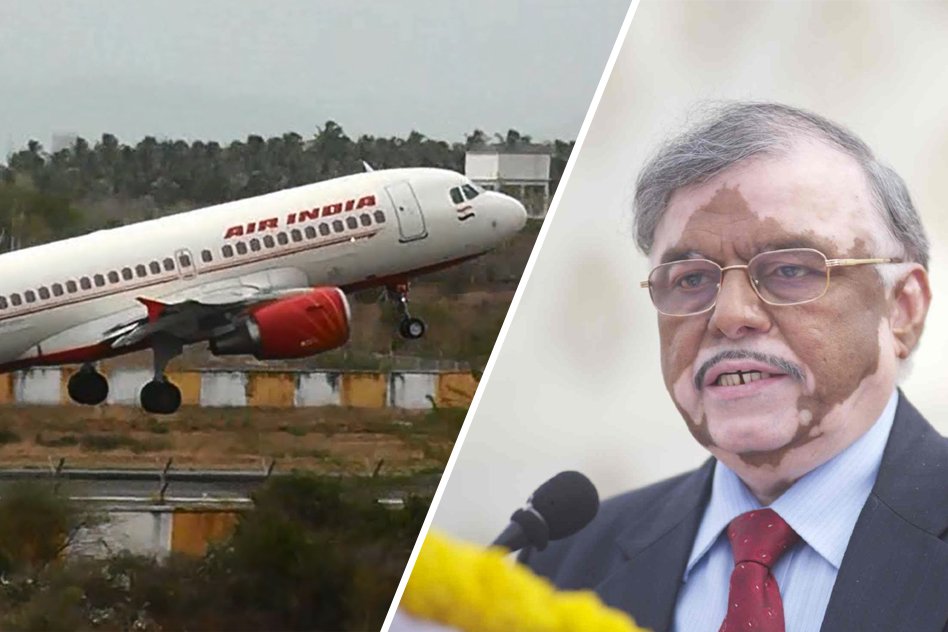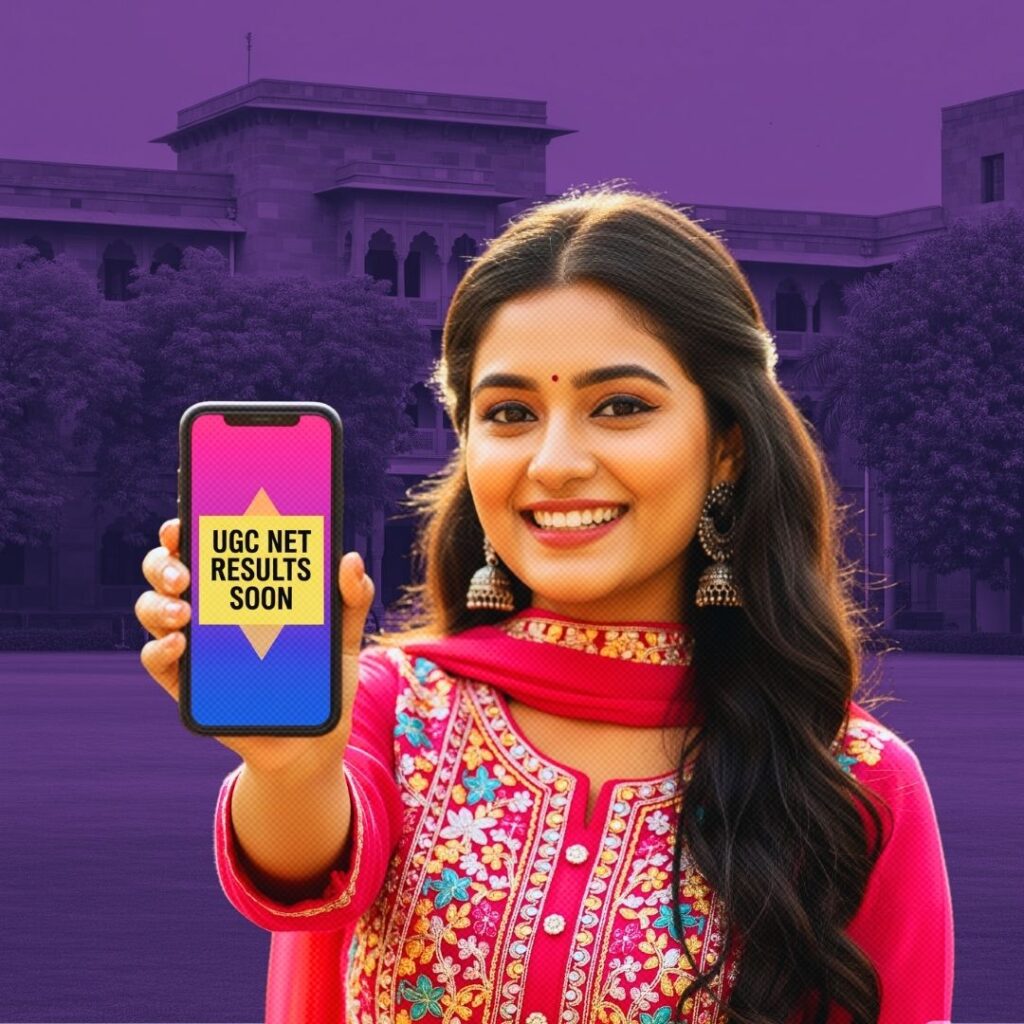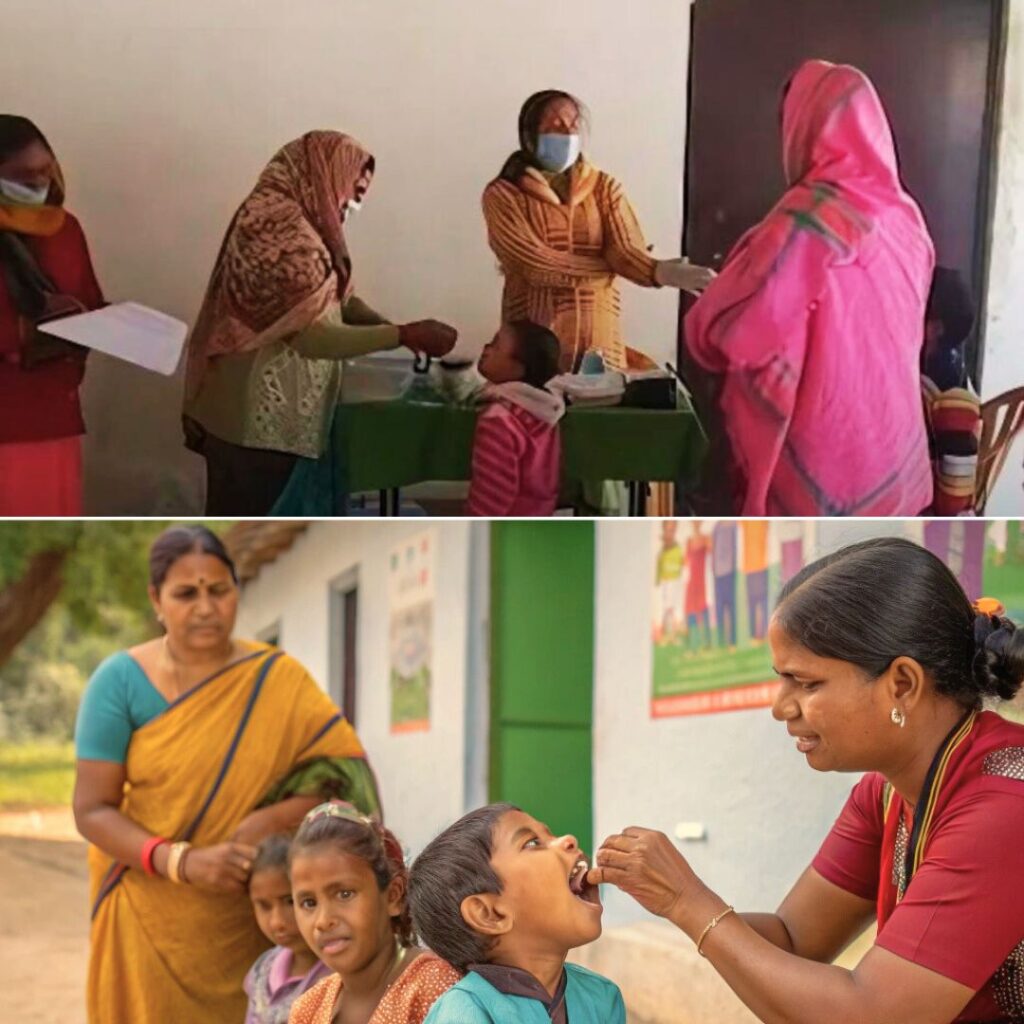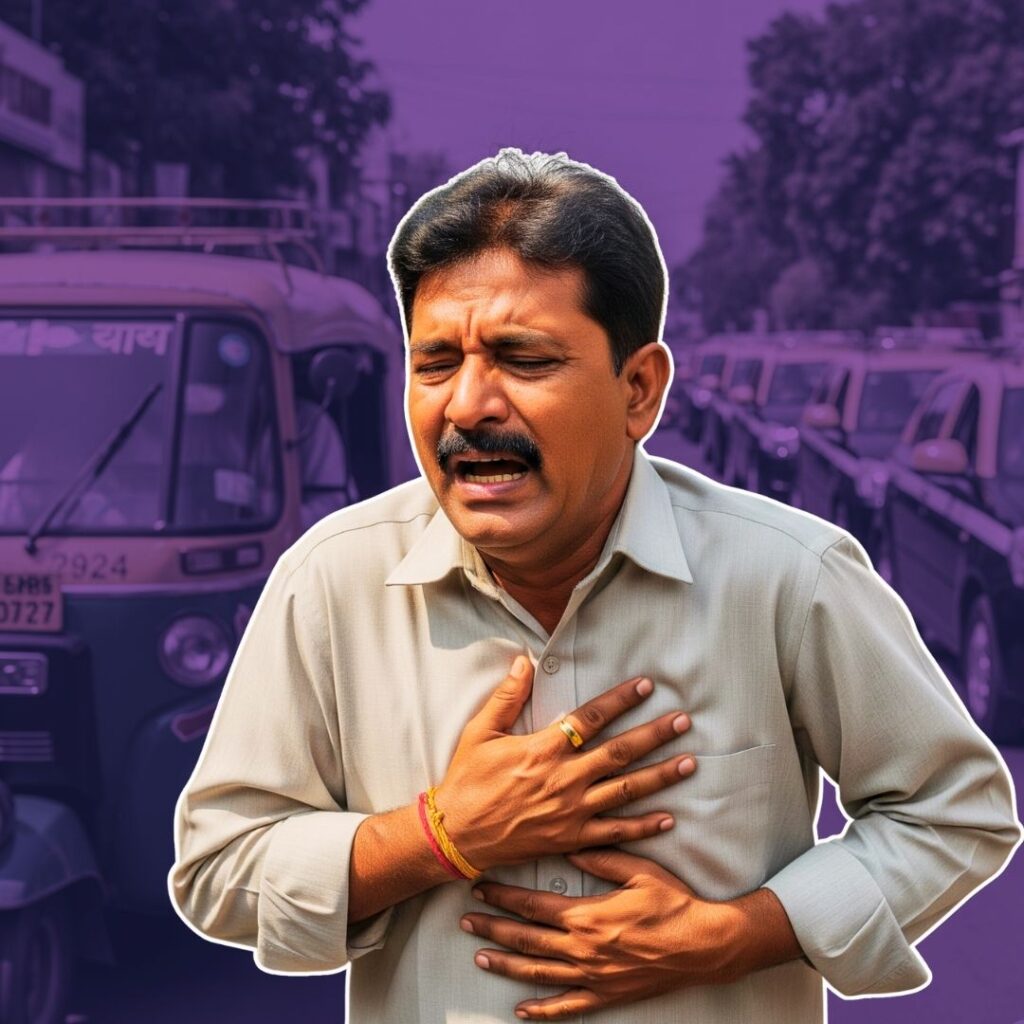Source: The Indian Express | Image Courtesy: ytimg telangananewspaper
Air India pilot allegedly denied entry to late coming VIP on the plane. Kerala Governor P. Sathasivam reached the Cochin International Airport just 10 minutes before his flight schedule but it was already too late as stepladder had been removed.
His officials tried to communicate about his presence on the tarmac and asked to board him, the Air India pilot allegedly refused as the boarding time was already over.
The incident took place on December 22, the Delhi-Kochi-Thiruvananthapuram Air India flight that was scheduled to take off at 11:40 pm from Kochhi, after an initial delay of about an hour and the dignitary reached the airport at around 11:28 pm.
“We were informed about the Governor’s journey. The flight from Delhi to Thiruvananthapuram via Kochi was scheduled to reach Kochi at 9.15 pm, but it landed in Kochi at 10.58 pm. The pilot said passengers would protest if the flight was further delayed,” Air India Kochi manager Patric Xavier told The Indian Express.
Finally, the Governor had to go to Thiruvananthapuram by road on Wednesday morning.
Governor has lodged a complaint with the Civil Aviation Ministry seeking an inquiry into this incident, seeing the incident it looks the pilot did the right thing as the push back had already begun, and opening the gate would only make sense if there was some kind of medical or technical emergency.
As we see the pilot denied the entry to the Governor not on any personal vendetta or whim, there seems to be legitimate reasons and the mistake was on governor’s part, pilot’s action here is laudable.
We see lot many such VIP interference in flight schedules and flights being delayed just for one ‘VIP’ causing inconvenience to rest of the passengers. If only every pilot could muster his courage to take such bold steps against VIP culture the air services of Air India will become a lot better.











